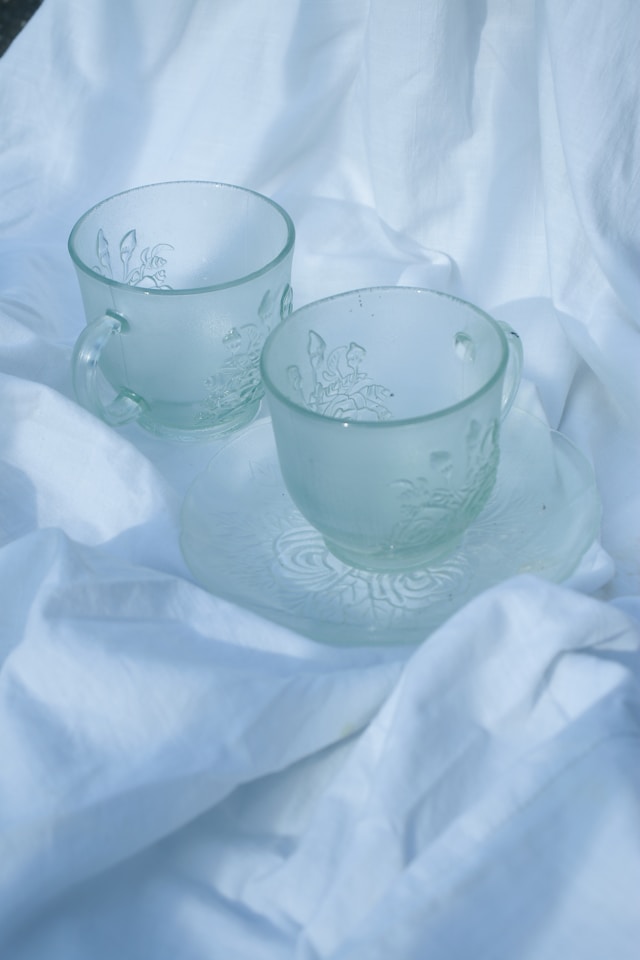Cold Water vs Warm Water: Which Is Best for Drinking or Bathing?
Many people often wonder which type of water is healthier — cold water or warm water. In a country like Nigeria, where the weather can swing between extremely hot afternoons and chilly mornings, it’s a common question that affects both health and lifestyle choices. Should you drink cold water after a long day in the sun, or sip warm water like health experts advise? Should you take a hot bath to relax or a cold one to feel refreshed?
This article will explain the real differences between cold water and warm or hot water for both drinking and bathing. It will also highlight when to use each type for your body’s benefit.
Drinking Water: Cold vs Warm
Water is life, but the temperature of the water you drink can influence your body’s reaction and overall health. Let’s explore the benefits and drawbacks of both types.
Benefits of Drinking Cold Water
- 1. Refreshes the body: In hot weather, cold water instantly cools the body and restores energy.
- 2. Helps with post-exercise recovery: Cold water helps reduce body heat and prevents dehydration after workouts.
- 3. Improves alertness: Taking cold water can wake you up faster when you feel tired or sleepy.
However, too much cold water can have side effects. It may slow digestion after meals or cause mild headaches in sensitive people. If you have a cold, flu, or sore throat, cold water might also worsen your symptoms.
To read more about the benefits and dangers of cold water, check out our full post:
Health Benefits of Drinking Cold Water in Nigeria.
Benefits of Drinking Warm or Hot Water
- 1. Improves digestion: Warm water helps break down food faster and supports better nutrient absorption.
- 2. Boosts blood circulation: Regularly drinking warm water can help detoxify the body naturally.
- 3. Eases throat pain and congestion: During flu season, warm water can soothe sore throats and clear nasal passages.
- 4. Helps in weight loss: Drinking warm water in the morning boosts metabolism and may help burn fat over time.
However, drinking extremely hot water can irritate your mouth or throat, so it’s best to keep it warm, not boiling.
Learn more in our related post:
Health Benefits of Drinking Hot Water.
Bathing: Cold vs Warm Water
While drinking water affects your internal system, the temperature of your bath water influences your skin, blood flow, and energy levels.
Benefits of Bathing with Cold Water
- 1. Boosts circulation: Cold showers make your heart work harder to pump blood, which strengthens the immune system.
- 2. Refreshes the skin: Cold water tightens pores and helps reduce acne or inflammation.
- 3. Improves alertness: A cold bath can make you feel instantly awake and focused — ideal for starting your day.
Still, cold baths are not suitable for everyone. People with fever, cold, or respiratory problems should avoid bathing with cold water, especially in the morning.
Benefits of Bathing with Warm or Hot Water
- 1. Relieves muscle pain: Hot baths relax stiff muscles and relieve tension.
- 2. Cleans deeper: Warm water opens up pores and helps remove oil, sweat, and dirt from the skin.
- 3. Reduces stress: A warm bath before bedtime can calm your nerves and improve sleep quality.
However, using very hot water frequently can dry out your skin or cause dizziness, especially for people with high blood pressure. Moderation is key.
Which Is Best for You?
There’s no universal rule for everyone. The best choice depends on your body condition, weather, and purpose.
- Drink cold water when you are sweating, exercising, or in hot weather.
- Drink warm water early in the morning or during cold seasons for digestion and detox.
- Take a cold bath to refresh and energize your body after a long day.
- Take a warm bath to relax your muscles and prepare for a good night’s sleep.
In general, alternating between cold and warm water based on time and need gives the most health benefits.
Expert Opinions
According to Healthline, warm water aids digestion and detoxification, while cold water is better for hydration and cooling the body. The key is balance and moderation.
Medical experts also emphasize that those with chronic illnesses like asthma or sinusitis should avoid extreme temperatures when bathing or drinking water.
Final Thoughts
Both cold and warm water have their advantages — what matters is knowing when and how to use each. Cold water refreshes and energizes, while warm water relaxes and heals. Understanding this difference helps you choose wisely for your health, skin, and overall well-being.
Stay updated with more health and lifestyle posts from Alphayem. You can explore similar topics on our Health Category Page.

